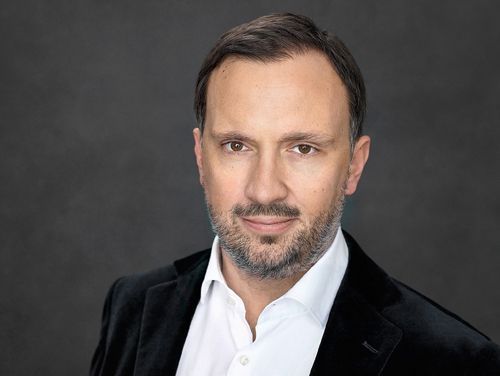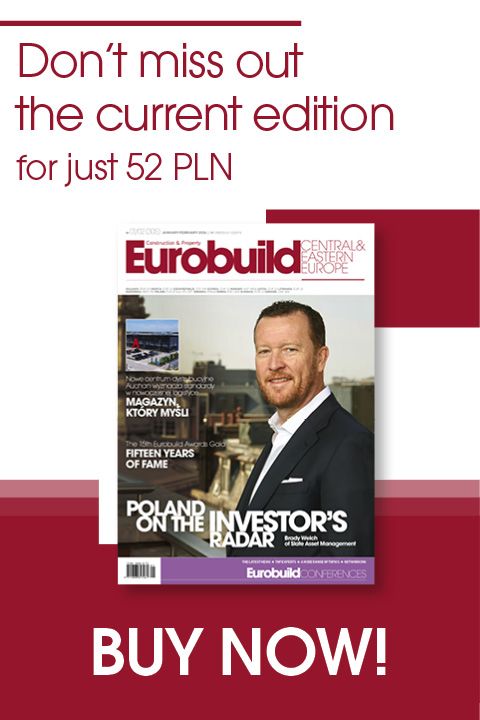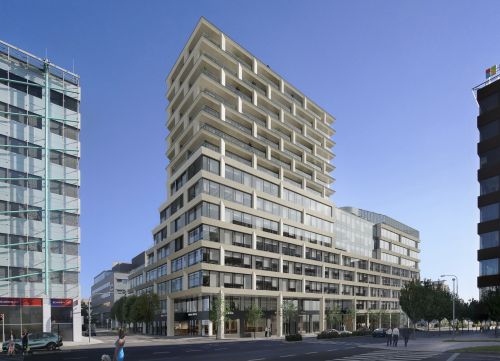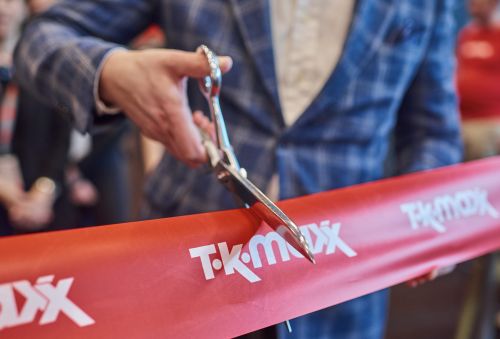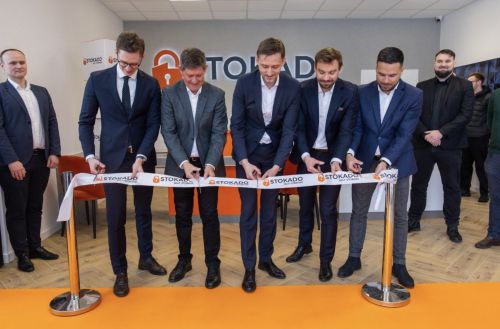Adam Zdrodowski, ‘Eurobuild CEE’: How has Atrium Group changed since the management board changes a few years ago?
Josip Kardun, CEO, Atrium Group: I think that compared to three years ago, when we had a lot of financial tidying up and restructuring to do, we are now much more focused on the real estate market as such, on development and investment. We have also brought a number of new people on board since then.
Was Atrium Group hit by the outbreak of the global financial crisis of 2007–2008?
Russia was the only market where we were hit by the crisis – elsewhere in Central and Eastern Europe we were affected only to a limited extent. We had a difficult time in Russia, but now the market there is bottoming out. We are still present in the Russian market, with app. 10 pct of our portfolio located in the country. We do not feel compelled to sell off our assets in Russia, but the truth also is that we are not investing there. The things we are doing in Poland we
